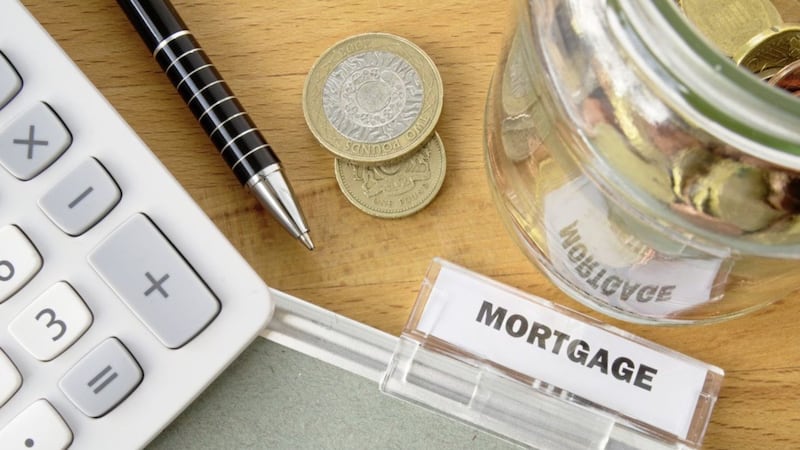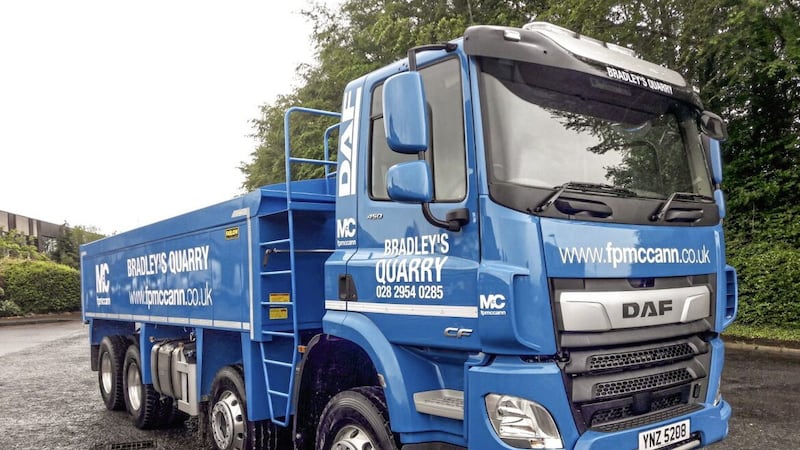AS we have mentioned in recent weeks, the Bank of England base rate is at an all-time low of 0.1 per cent, which reflects the rate banks and other institutional lenders pay when they borrow money from the Bank of England. It is also used as a reference rate for many other interest rates, such as personal borrowing and savings rates.
The UK government has increased its debt by a considerable amount during the Covid-19 crisis, in an attempt to keep the UK economy moving, and to support businesses via the furlough scheme. Interest rates being low makes this debt cheap for them, so under the current circumstances, it’s not looking likely to change for a while.
We’re seeing some larger companies taking advantage of the current lower interest rates – increasing their borrowing or refinancing in order to capture the advantage of lower costs and potentially invest the money back into the business with the intention of aiding growth and recovery.
From a personal finance perspective, now is also an ideal time to look at how to make the most of your money, whether that’s cash, savings, investment or debt, by taking a fresh look at your finances.
For most individuals, the most common (and arguably most affordable) form of debt will be borrowing in the form of a mortgage on their home.
For many, in a culture where the lifelong commitment to a mortgage is the norm, “paying off my mortgage” is a frequently held target. It’s also a pretty sensible goal, as owning your own home with no borrowing gives a great sense of security, particularly for those who are very risk averse.
Taking 20, 25 or even 30 years to reach your target is one of life’s discomforts, particularly in the early days, but as you gradually chip away at it and edge ever closer to your goal, you learn to live with it and look gratefully upon the foresight you had at the start.
Whilst the coronavirus pandemic has hit many people’s finances hard, in some cases the current climate and the resultant lack of holidays, outings and expenditure, has increased savings levels. Either way, now is a good time to re-evaluate your financial position and consider reshuffling your finances to see where your money could go further.
For example, perhaps your mortgage allows you to put a little more in (nudging you towards your finish-line a little sooner) and this would be a good time to use this flexibility towards a longer-term goal?
Or, maybe you have some more money to put into your ISA, the most prominent low-risk savings solution, which also benefits from tax advantages. However, ISA accounts are impacted by the low interest rate environment, so perhaps it’s time to look at other options for growing your assets, such as taking on some investments.
For those novice investors who aren’t yet ready to pick stocks themselves, there are a range of digital investment tools and platforms out there to help.
As with any form of investment, there is a risk you may get back less than you invested, but diversification and remaining focused on your end-goal, despite market volatility, are helpful tips to success.
So for those who do have some spare money, and a sufficient savings buffer, investing now and being proactive may help achieve those longer term goals.
:: Cahir Gilheaney is a wealth manager with Barclays Wealth & Investment Management in Belfast








